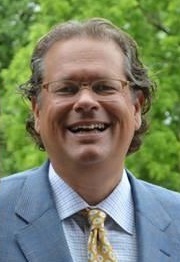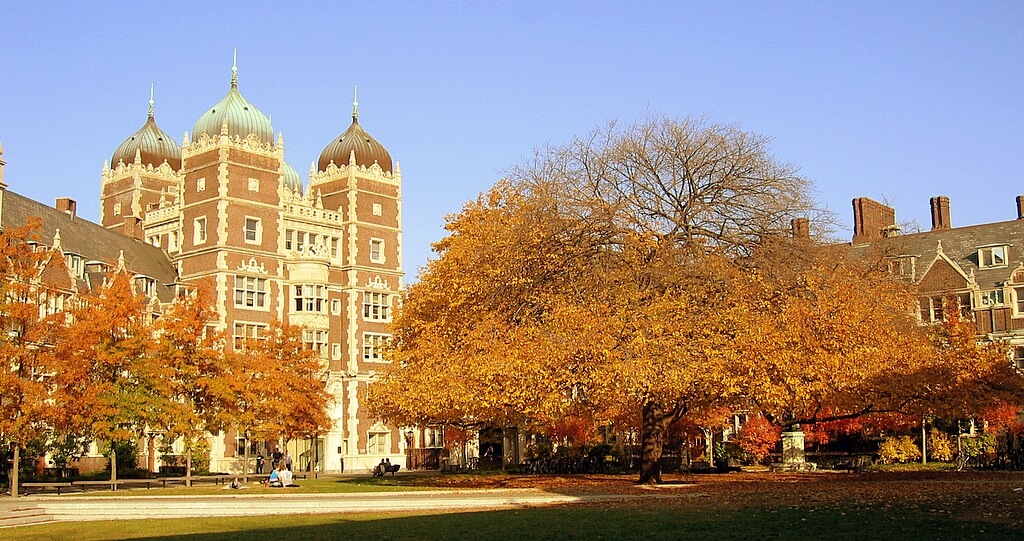If you’ve been around the Philadelphia “power” constellation the last couple of decades, you’ve experienced the Smukler tsunami. Fifty four-year-old political consultant Ken Smukler is most widely known as the brains behind former Congresswoman Marjorie Margolies Mezvinksy, and now as Bob Brady’s chief consigliore. He’s a master of backroom strategic thinking. It’s safe to conclude that the Democratic National Convention wouldn’t be Philly-bound in 2016 were it not for Brady and Smukler’s clever behind-the-scenes maneuverings the last five years.

A provocative notion, no doubt. But Smukler is full of them. When, after the primary election, he ran into his friend Jim Kenney, he blurted out his advice. “You know what you need?” Smukler said. “You need to think big.”
Kenney said he intended to. Since that conversation, Smukler has ruminated on one such big idea he’d like to see Kenney champion. He calls it “Solutions In Lieu of Taxes.”
Smukler is proposing a type of local Peace Corps—unleashing an army of academic experts and their students to attack some of our most vexing problems. Imagine the impact Penn’s School of Education could have in classrooms throughout all of West Philly.
Every few months, we have a flare-up over PILOTs—Payments In Lieu of Taxes, the demand that our nonprofit universities write a sizable check to the city’s general fund, since they are otherwise tax-exempt. “These universities have too much political juice,” Smukler says. “There won’t be the political will to make PILOTs happen. But the mayor can ask our universities for help in a collaborative way. They have expertise. Let’s tap into that in tackling some of the problems we face.”
The way Smukler sees it, the Mayor could assign each school a geographic region of the city that exceeds the boundaries of its own campus. Within those borders, each school would be tasked with picking a problem—hunger, crime, education—and spearheading innovative efforts to solve it.
“I’m talking about using university curriculum to make Philadelphia better,” he says. “At Duke University, the School of Medicine developed the Duke Division of Community Health to go into the community, practicing preventative medicine. Each school here could pick a problem and solve it block by block.”
Smukler concedes that many schools already do meaningful work in their respective communities. Penn, for example, has a program similar to the Duke community health initiative Smukler cites. Drexel’s Lindy Center for Civic Engagement incorporates community service into learning, and Temple’s Philadelphia Experience program in its General Education curriculum allows students to blend real encounters in the city with their academic work. Penn Law offers free legal services. Elsewhere, universities are similarly increasingly focusing on social impact. University of Minnesota graduate students have been working side-by-side with staffers in city governments on innovative public policy solutions. At Purdue, there’s the EPICS curriculum: Engineering Projects in Community Service. At Virginia Commonwealth University, students are challenged in a “Creative Student Summit” to innovate on local housing and sustainability issues.

Smukler doesn’t discount any of these good works. But they’re voluntary and isolated efforts. Smukler is talking about something different and bolder. He wants to see a Mayor Kenney huddled over a conference table with university presidents, all of them poring over a giant map of the city, tallying up the issues we need to tackle, handing out assignments. What Smukler is proposing is a type of local Peace Corps—unleashing an army of academic experts and their students to attack some of our most vexing problems. Imagine the impact Penn’s School of Education could have in classrooms throughout all of West Philly.
Rather than whine about universities not paying their fair share, Smukler would invite the schools to appeal to their students’ idealism. Who knows, maybe it could attract a more civic-minded student body. After all, come graduation time, speaker after speaker tend to urge those in cap and gown to “go forth and serve.” What if the going forth and serving came first? What if, freshman year, each school’s curriculum included an ambitious program that made a real difference in real people’s lives? And what if such a series of programs jumpstarted a citywide competition over social impact between schools?
“You’d need real metrics for measuring success, and you’d have to address budgets and timelines,” Smukler says. But that is something that a mayoral convener-in-chief could provide. Instead of wagging a collective finger at Penn, Temple, St. Joseph’s, LaSalle and Drexel and urging them to write big checks to justify their nonprofit status, Smukler says, let’s give them an opportunity to help make the city better.
“Show us you’re doing something bigger beyond the self-interest of your campus,” he says. “Keep your tax exemption, and don’t worry about PILOTs. But go into the neighborhood near your campus in a big way and make a real difference.”

